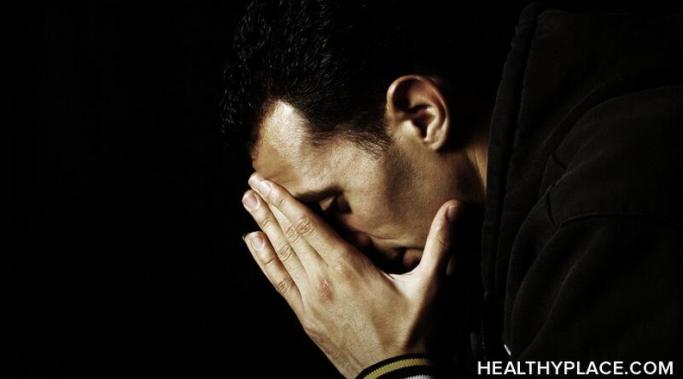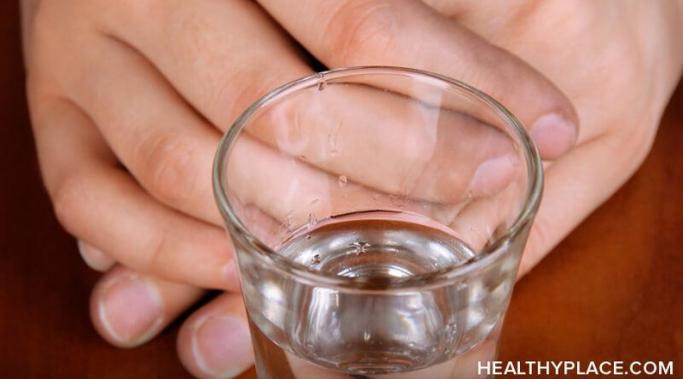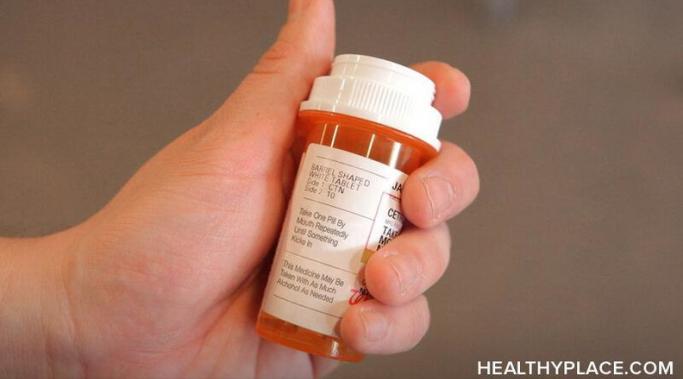Many individuals believe that self-harm and suicide are directly linked but, in fact, this is not the case. In all honesty, self-harm and suicidal behaviors are completely different. Unfortunately, it is common for these two behavioral disorders to get grouped together because they both have something to do with inflicting pain on oneself. Additionally, there are some instances when an individual who self-harms will end up committing suicide. The simplest way to put it is that, generally those who self-harm do not wish to kill themselves, while suicide is a way of ending life.
Mental Health Treatment Circle
Borderline personality disorder (BPD) is a mental health illness that is often difficult to treat and can become quite frustrating for the individual suffering from it, as well as for his or her family members. Those with borderline personality disorder see things in black and white, they are resistant to change, often have what they perceive as emergencies, and tend to participate in self-harming (Self-Injury and Borderline Personality Disorder) or suicidal behaviors. While all of these symptoms are distressing, one of the most difficult problems occurs when individuals with borderline personality disorder refuse to get treatment.
If you have just completed an addiction treatment program and are returning home, the idea of what the future holds can be pretty frightening. Your alcohol or drug rehab program provided you with a structured and secure environment that sheltered you from the stressors of the outside world and greatly minimized your triggers. You may be wondering if you can continue to stay sober, how friends and family members are going to react, and how hard it may be to adjust to life once again.
Doctors are experts in their field and, as such, when they give us a diagnosis of a mental health disorder like bipolar disorder, we believe them. However, doctors aren’t perfect and, unfortunately, there are times when an individual may be misdiagnosed. Some research indicates that less than half of individuals diagnosed with bipolar disorder actually meet the diagnostic criteria when assessed by a structured clinical interview.
In all honesty, the first week of addiction treatment at an inpatient drug rehab center is probably not going to be pleasant. I’m not saying this to scare you, but to prepare you for what is most likely going to be a rough week.
What's it like when you first enter a chemical dependency program?
Chemical dependency, or addiction, is a prominent public health problem that affects millions of individuals and causes a significant amount of problems. Drug or alcohol addiction can tear families apart, leave lasting physical damage, and ultimately ruin a person’s life. (read: Effects of Drug Addiction) Trapped in the cycle of addiction, many individuals begin to feel worthless and lose all hope for the future; but it doesn't have to be that way.
When you are struggling with a mental health disorder or substance abuse problem deciding to seek inpatient treatment can be one of the best, but also scariest decisions of your life. This decision can be even more difficult if you have no idea what to expect when you arrive at a mental health or addiction treatment center.
A major aspect of the treatment process for mental health disorders at any inpatient psychiatric facility is going to be medication. For some individuals, the use of medication can be a cause for concern, especially if they are unsure as to how they are going to react to certain psychotropic meds. Many individuals may be hesitant to take any type of medication because they fear the potential side effects. Their heads are filled with thoughts of a future where they imagine themselves in a zombie-like state because the doctors have them so hopped up on meds.
Upon receiving a diagnosis of Alzheimer's disease or dementia, many individuals may enter into an inpatient treatment program that is specifically designed to help stabilize those who are exhibiting altered mental states, behavior problems, agitation, or symptoms of another mental health disorder. Through an inpatient treatment program, individuals with dementia will be able to get the medication and various therapies they need to get back to their highest level of functioning. Since all of an individual’s needs are met while he or she is in the care of an inpatient treatment program, it can be difficult to know what to do when he or she is discharged from the program.
Being recently diagnosed with, or even facing a possibility of, Alzheimer’s disease can be one of the scariest and emotionally overwhelming times in a person’s life. Once everyone has come to terms with the Alzheimer's diagnosis and worked through the initial shock, there are things that need to be done so that you will know what to expect and help minimize the amount of issues that may arise.







